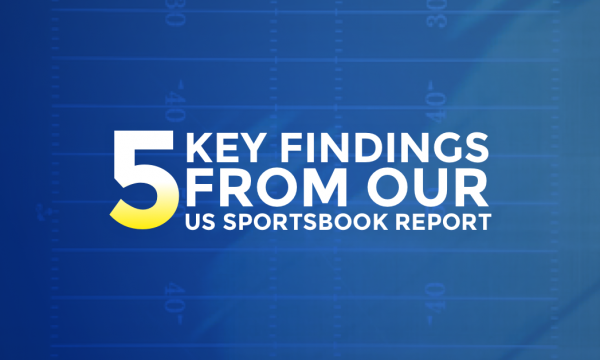In addition to big ticket events as golf’s Ryder Cup and US Open, England in test cricket action versus Pakistan and the ongoing football season, there was also the Google Penguin update to contend with this September.
At the close of September, Google announced an update that had been pontificated about by many, nicknamed ‘Penguin 4.0’ by some. As always, an algorithm update is a turbulent time for websites.
When the Penguin algorithm came on stream in 2012 it targeted link spam – first identifying it and then penalising it. A high number of low quality paid links, common in some sectors, could lead to a large Penguin day one drop in Google rankings. They’ve refined Penguin even further since then with a number of updates, all trending in one direction – rewarding search that leads to good UX and engaging content that matches customer expectations. Bought links were no longer a good thing.
Perhaps to alleviate the type of dramatic overnight ranking falls we saw in 2012, the new update was baked into the main algorithm as a ‘real time’ update. It would still have an effect, but more evenly spread and less precipitous. But did any of the players in the sports betting sector fall off the cliff?
A volatile market

Prior to the latest update, William Hill were the market leader by some distance, owning a 38.4% click share, attributable to good rankings over some 97% of the almost 700 top sports betting keywords. Paddy Power, Ladbrokes, Skybet and Oddschecker were grouped in a chasing pack.
Other big brands such as Coral and Betfair didn’t have similar traffic levels, but also used a wide keyword set. At first glance, it doesn’t look like a revolution after the new update.

It might appear that the only really noticeable change is that William Hill has been chased down somewhat. But we can see more if we dig into the granular detail.
The most visible brands may well have remained the most visible brands, but with a significant drop in organic search traffic every month – perhaps even 25% for William Hill. By contrast, the affiliates have prospered post-Penguin 4.0, with Oddschecker seeing a 13% traffic spike, and even larger gains for Freebets.co.uk and OLBG (49% and 130% respectively). Of the established bookmaking brands, only Betstars fares well.
Turning around a tanker
So why have the market leaders taken a hit? One compelling argument is that the big brands, early entrants into the online world, have spent more time establishing the kinds of link that are now penalised by Google. As a result of this change, it’s going to take them longer to put their houses in order than it will the new entrants.
We looked at some Moz.com data that seems to say William Hill has more linking domains than the rest of their top five competitors – something it takes time and money to correct. Additionally, many of the older, bigger sites use inflexible CMS systems that can’t be updated with the speed that affiliates have displayed. As newer sites, their builds are more attuned to the latest SEO thinking. It’s easier to turn around a speedboat than a tanker.
While the well-known brands may have started their link clean-ups and disavowals ahead of this update landing, our analysis shows that they still have work to do. And in the meantime, this marketplace just got more competitive than ever.


